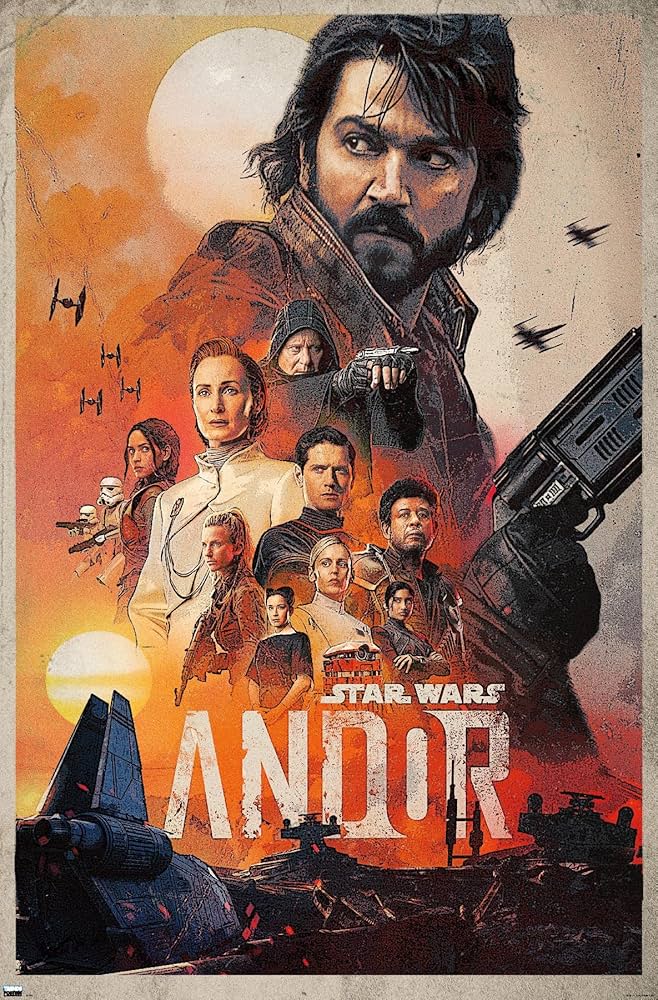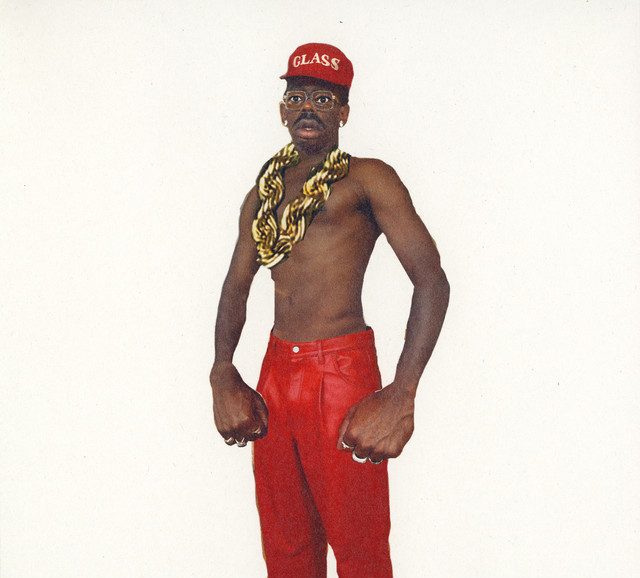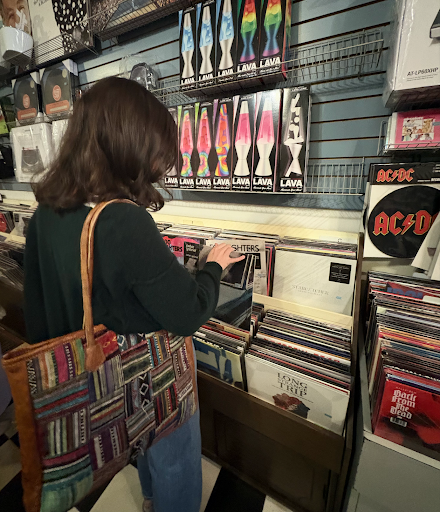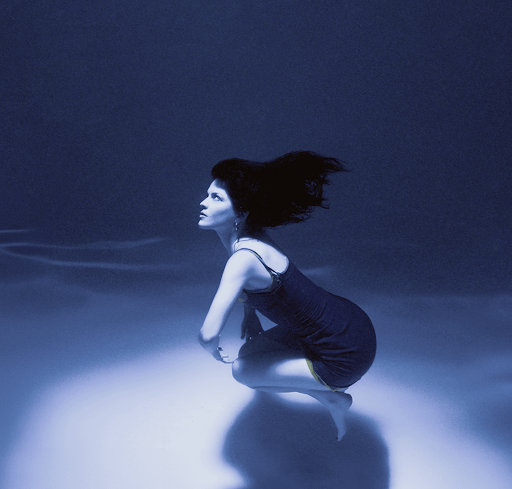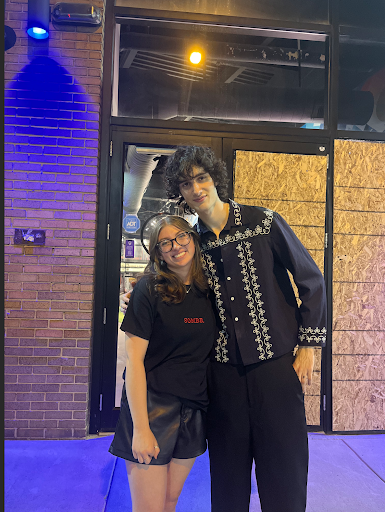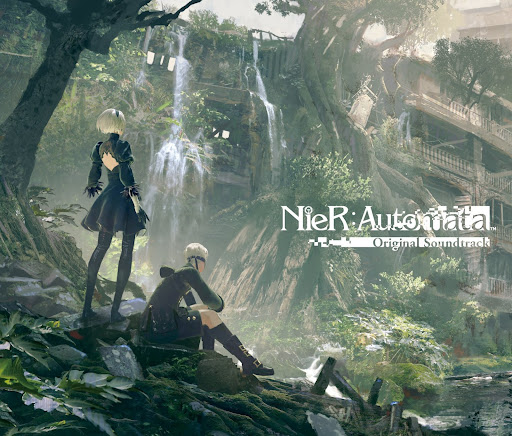
Before I talk about the song itself, I am cheating a little bit here. Weight of the World isn’t exactly one single song. Instead, it has multiple versions that are instrumental in delivering the song’s overall message.
First, there is the base version of the song that plays in the initial endings of the game, Nier Automata. Second, is the End of Yorha version that plays in the true ending of the game. Just know that I am only talking about the song itself and not Nier Automata as a larger whole.
I feel like everyone has had those times when life feels utterly hopeless, when the world seems like it’s crumbling around you and there’s nothing you can do but watch. There are times when life will leave you battered and defeated, and there seemingly is no point in trying to get back up. Weight of the World speaks to those universal experiences and rousingly encourages the audience to get back up and “shout it loud; even if our words seem meaningless.”
Weight of the World is the ultimate humanist anthem that speaks to the fundamental human condition of the modern age and brings a tear to my eye every time I have the pleasure of listening to its symphonic melodies.
The initial versions of the song have a depressingly heavy weight to them as the narrator cries out into the meaningless void of the universe. It feels like a heavy cloud looms over this song as the narrator contemplates the utter meaninglessness of existence. She feels like God and the world are punishing her almost as if it’s divine retribution for her past mistakes. Despite this, despite having seemingly the entire world against her, she resolves to redeem herself by shouting her truth to the world even if it falls on deaf ears.
It’s haunting because it’s this lone soul shouting alone into the void attempting to take life back into her own hands, but the truth is that she is only one girl. Whenever I listen to these versions, I never know how to feel because it is so brutally visceral and emotional as this lone soul struggles with the realities of a meaningless existence. This is heightened especially in the Japanese version where the vocalist, Marina Kawano, starts sobbing at the end of the song. It sounds like a weird stylistic choice but it adds so much to the pure emotion of the song that I can’t help but sympathize with the speaker despite the language barrier.
This song also instills a distinct sense of hope within the main chorus with the lyrics, “Maybe if I keep believing my dreams will come to life,” but it feels bittersweet in that message because of how the speaker accepts that her plight and attempts at redemption may ultimately be pointless and meaningless.
The song is just so human. It’s often conflicting and filled with uncertainty but there lies an inspiring beauty in the speaker living in spite of those facts.
The second version of this song, titled End of Yorha, plays during the true and final ending of Nier Automata. As much as I like the original, this version takes things to the next level. There aren’t any new lyrics that radically change the song; instead, this is essentially a remix that evolves the original message of the song.
End of Yorha begins with a chiptune version of the original song which harkons back to the NES and SNES eras of gaming. As it approaches the chorus, you hear a subtle shift with violins playing in the background, drowning out the chiptune until it’s entirely replaced by a symphony as the English chorus begins to play.
This version culminates the three different covers of the original while also putting its own creative spin on it. The original version was sung in three languages, English, Japanese, and Chaos language which is a fictional language created for the Nier series. Throughout the course of the song, the three different vocals are played interchangeably. In addition to this, partway through the song, a choir, composed of the entire development team of the game, starts chanting along to the music.
All of these changes give the song a much grander feel of importance to it. By having voices from across different cultures and music from different generations of gaming, the original message is transformed into something even more powerful. This version has a universal and timeless appeal that transcends the boundaries of time and space.
It goes from a lone soul shouting to the void, hoping to be acknowledged, to a seemingly worldwide collection of individuals shouting to that void together in unison. With this enormous symphony, it shows how you don’t need to carry the weight of the world on your shoulders. If we all sing together, we can share the weight of the world.
This song is an ever-present reminder that you are never alone in your struggle and you don’t need to bear that weight by yourself. There are times when life will kick you down and everything will seem pointless, but through our connections to others, we can define our own meaning and purpose.






